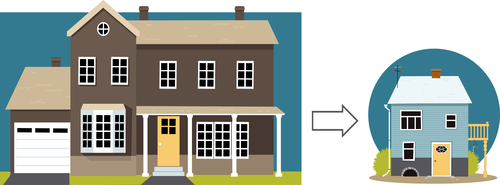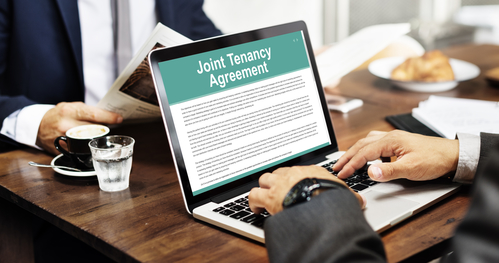By Sean Cooper
Special to the Financial Independence Hub
Shopping for a mortgage in the near future? The mortgage rate matters, but it shouldn’t be the only factor you consider. There are so many factors to consider, yet homeowners often get fixated on this one factor.
When you’re shopping for bread at the supermarket, you most likely don’t just shop for the bread at the lowest price. You consider other factors, such as calories, sugar and nutritional value. So why do so many people do the same thing with their mortgage?
Mortgage rates should be one in a long list of factors. Your likelihood of breaking your mortgage is a lot higher than you think. Even if you get the lowest mortgage rate, if it comes with a hefty mortgage penalty, it’s probably not worth it. Let’s look at four factors to consider besides just the rate.
1. ) Penalties
It’s not a coincidence that mortgage penalties are number one. Mortgage penalties are such an important factor (perhaps more important than your mortgage rate), yet they’re one of the most overlooked factors. Here’s a stat that may change your mind: 6 out of 10 Canadians with a fixed rate mortgage break their mortgage at an average of 38 months in. Why do they break it? For many reasons: job loss, illness, job relocation and divorce, to name a few.
If you have a variable rate mortgage, the penalties are pretty straightforward: 3 months of mortgage interest. However, if you have a fixed rate mortgage, that’s where things get a little more tricky; and costly. You’ll pay the greater of 3 months of interest or the interest rate differential (IRD). The IRD looks at the mortgage rate your lender is charging today on a similar term mortgage. If mortgage rates are a lot lower today, then that’s when you can be hit with a hefty IRD penalty by your lender.
To avoid a hefty IRD, ask your lender whether the IRD is being calculated using the posted or discounted rate. If it’s using the posted rate, be careful. If you break your mortgage and have a big balance owing, your mortgage penalty could amount to thousands or tens of thousands.
2.) Portability
To avoid a hefty mortgage, it helps if your mortgage is portable. When your mortgage is portable, you can take it with you. For example, let’s say you’re living in Ontario and you get a job offer in B.C. If you sell your home in Ontario and buy a home in B.C, you can “port” or take your mortgage with you and avoid the hefty mortgage penalty. If the property that you’re buying in B.C. is more expensive, lenders often let you “blend-and-extend” your mortgage, which means you take your current mortgage and blend it with a new mortgage for the additional amount of financing you need.
A word of caution: all portable mortgages aren’t created equal. There are specific conditions that must be met in order for a mortgage to be ported. Sometimes the time window is tight, so ask your mortgage broker for all the details. Likewise, if you think there’s a possibility that you could transfer outside your province, avoid portable mortgages with credit unions. Credit union mortgages can never be ported outside the province you took them out, leaving you stuck paying the hefty mortgage penalty.
3.) Prepayment Privileges
Is your goal to be mortgage-free? Continue Reading…







